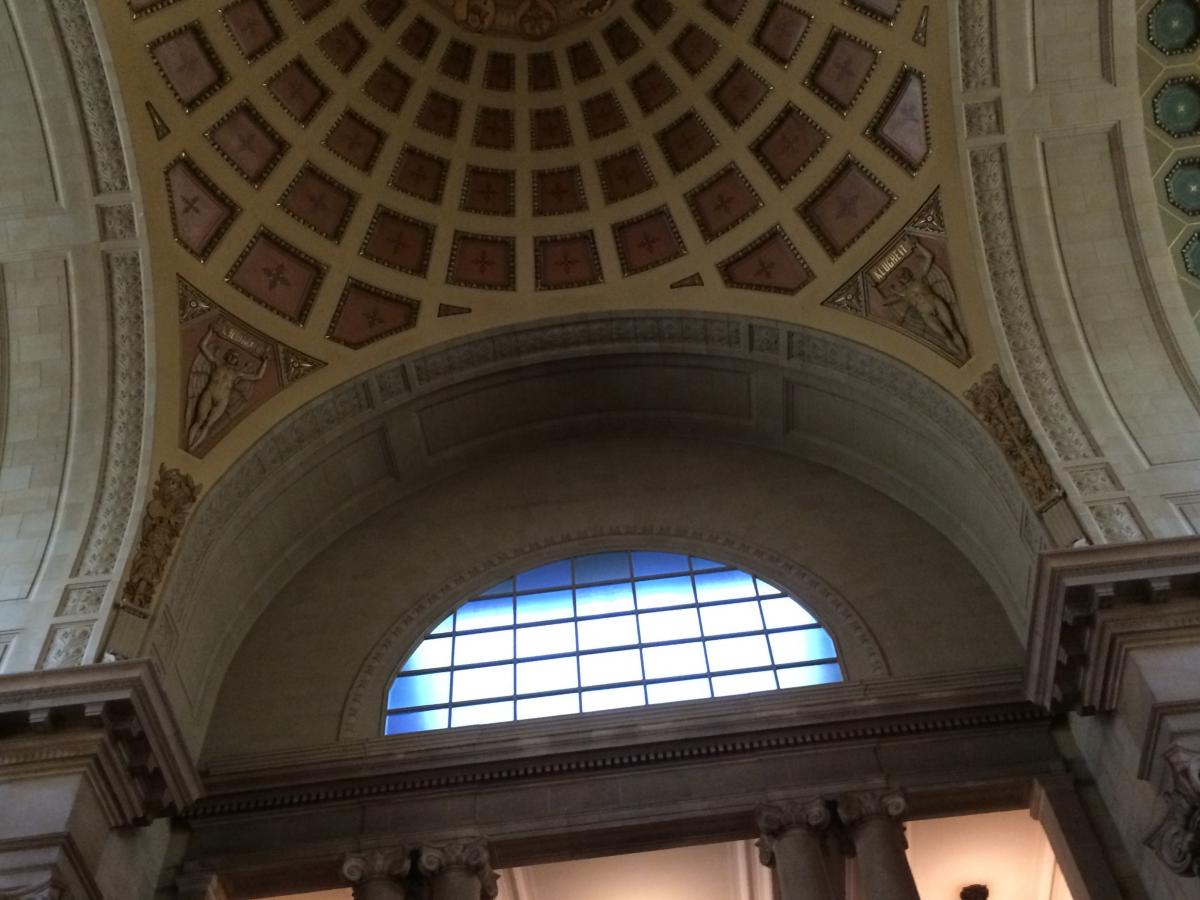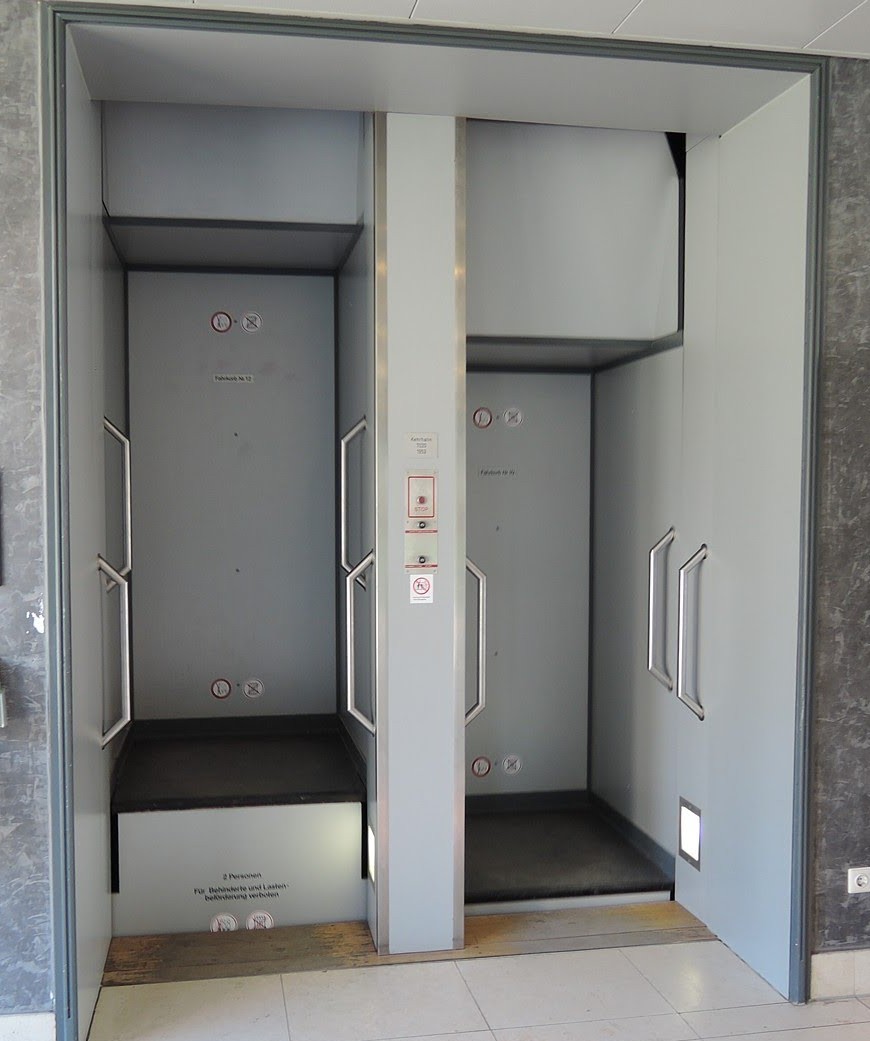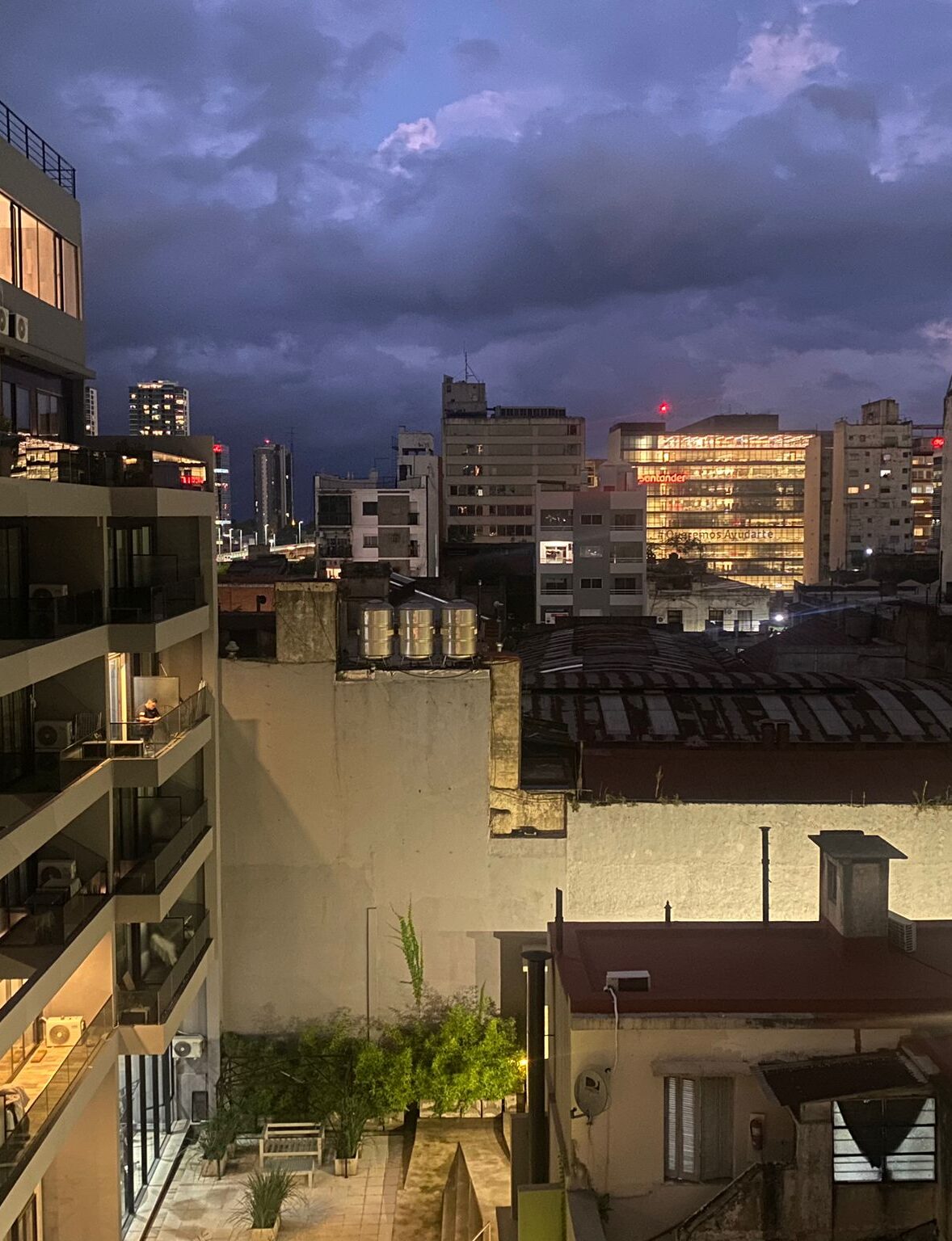By GEOFF KRONIK

I was in Hamburg for a language course, and all week the syntactical floodwaters of German grammar had been rising. By Thursday night I was drowning in homework and would need Friday morning, before my afternoon class, to stay afloat.
Then the friend I was staying with, a German lawyer, suggested I join him in court the next morning. I could attend a session with him, see the German system, meet a German judge. An appealing prospect that alas would leave no time for homework.
Friday at 10am, I stood outside a grand old courthouse whose facade was as imposing as its name: Oberlandesgericht. Sometimes you make a choice, and then hope the thing done will compensate for the thing not done. I heard the rustle of fabric beside me, and turned to see my friend don an austere, ankle-length black robe.
I later learned that in 1726, King Frederick I of Prussia, with characteristic wit, required the robe for lawyers, “so you can recognize these rogues from afar.” Today it distinguishes those in court on official business, but seeing my robed friend was a blunt lesson in the power of uniforms. The robe defamiliarized him, though nothing essential had changed, and I thought how with uniformed people I tend to see insignia, not humanity. Which is the point, I suppose, and the danger.
My friend’s court session was on an upper floor, and with delight he showed me how we would get there. Like a functional artifact, there it was: a paternoster. This antiquarian elevator, a silent-movie fixture, (there’s one in Metropolis) consists of small open compartments cycling in a slow vertical loop. Passengers can board or exit on any floor, at any time.

My late father used to speak nostalgically of a paternoster in his own father’s office, in prewar Vienna. He had treated it like an amusement-park ride, and now, at 52, I could feel the same thrill he had at seven. My friend and I completed a full cycle purely for fun, and I longed to tell my father something I could not. I stepped out with the sensation of time itself, not just the paternoster, endlessly looping.
German judges also wear robes, so I saw only a 30-ish female face crowned with short blond hair. The face smiled when my friend introduced me. “Did you take him on the paternoster?” the judge asked. Her friendly query set a casual tone for the legal session, which confounded my image of judges and particularly German ones. My friend explained that in today’s Germany, for officials to project absolute authority has unwelcome associations. Some situations seem uniquely ripe for rejection of stereotype, then again is that ever a bad idea?
Later we went to another chamber to observe a criminal case, in which the prosecutor spoke at length and then complained of a dry throat. The defense attorney reached into his briefcase and gave her a Coke. Rather than surprise me, the collegial gesture confirmed what my friend had said, and this transition from presumption to insight is what any visitor desires. One arrives as an outsider, and hopes to leave a little bit less so.
On the first day of my language course, my school had arranged a brief tour of Hamburg. From our bus we saw a parade of sights, diligently narrated by an earnest guide, but none had the impact of my leisurely morning in court. My friend had showed me ordinary life, unembellished, and trusted its extraordinariness to become apparent. I know people who take highly scripted foreign tours and have little to report afterwards, but one cannot blame them. Memory is a construct of intellect and emotion, and restricted thinking also limits feeling. My friend had allowed me to do both, and all guides should have such restraint.
During my school’s city tour, each new attraction prompted the mass elevation of arms bearing smartphones. This reminded me of the rock concert when I first saw an audience wave glowing phones en masse. I’m old enough to recall when this was the actual flame of lighters, and it occurs to me now that the hot yellow fire of yesterday is the cool blue screen of today.
I also remembered a visit to Madrid, when I viewed Velazquez’s Las Meninas. 20 years ago I had nothing handy with which to snap images, yet the episode exists as if I were there now—the timeless painting, the Prado’s pale light, footsteps, a subtle airborne mustiness. I believe thought is still the best carrier of memory, sights are transparent when divorced from feeling, highlights are subjective, and personal technology is overlay, not substance.
Apropos, in the Hamburg courthouse I made a video of the paternoster. The video captured movement and sound, but lacked the thrill of the ride. I deleted the clip, because a movie starring the paternoster, black-robed lawyers, a Coke, my father, a rock concert, and Diego Velazquez was playing in my mind, and it was better. That afternoon I went straight from the courthouse to my language class, where the introduction of a new topic meant we did not review the homework assignment.
Geoff Kronik’s work has previously appeared in Dispatches, as well as in Salamander, The Boston Globe, Litro, SmokeLong, and elsewhere.
Photos by author.




